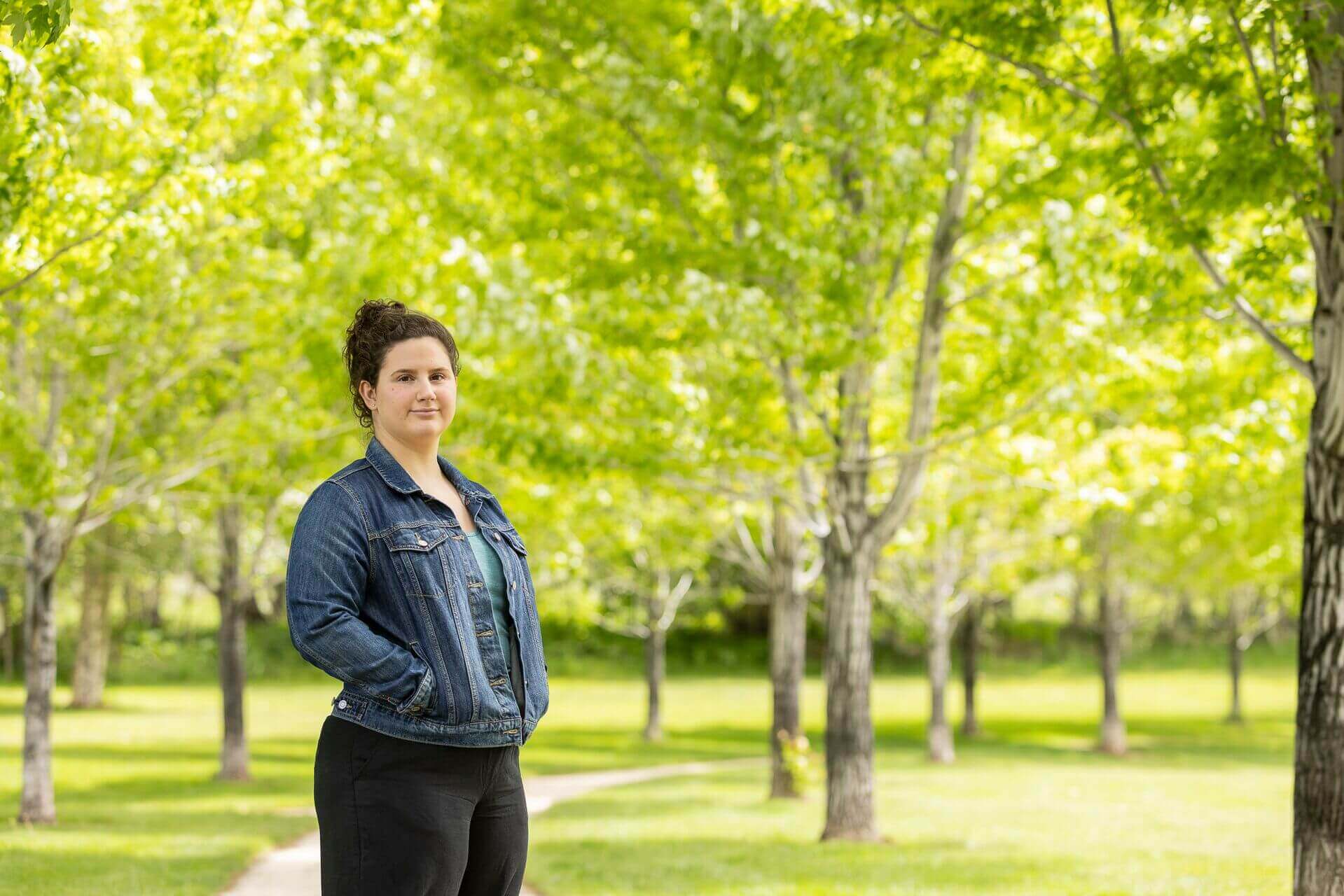
Adolescent and Young Adult Cancer Program
Faye was a 19-year-old college freshman when she was diagnosed with leukemia and treated at Seattle Children's.
Contact the Adolescent and Young Adult Cancer Program
Seattle Children’s internationally recognized experts treat the toughest cancers in teens and young adults to help them survive and thrive in the future.
A third of patients with cancer at Seattle Children’s are adolescents or young adults into their late 20s. Patients in this age range have different healthcare needs than children or older adults. Our team partners with teens, young adults and their families to develop a treatment plan that meets each patient where they are—physically, mentally and emotionally—to give them the best chance for a long and healthy life.
Meet Faye
Faye was a 19-year-old college freshman when she was diagnosed with leukemia. She chose to be treated at a pediatric hospital with expertise treating patients her age. At Seattle Children’s, Faye received the level of compassionate care that’s offered to pediatric patients while also being respected as a young adult capable of making choices about her care. Today, Faye is cancer-free, back in school and thriving.
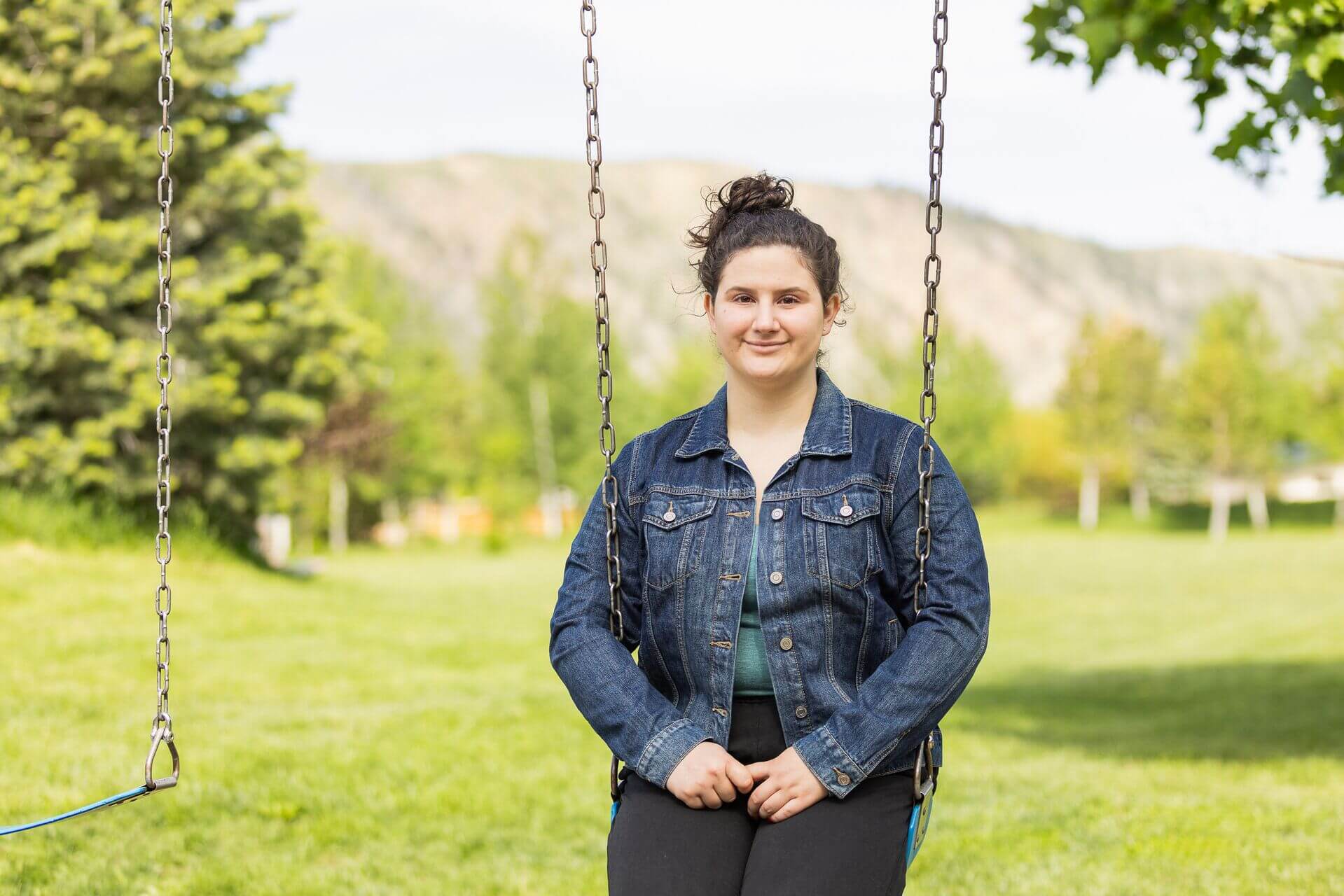
Teen and Young Adult Cancers We Treat
We have exceptional expertise treating many cancers that are common for teens and young adults, including:
Our Services for Teens and Young Adults with Cancer
Seattle Children's Adolescent and Young Adult (AYA) Cancer Program was one of the first in the country for teens and young adults with cancer and blood disorders. Our team provides expert and comprehensive care including psychosocial services that are specifically tailored to the individual needs of patients in their early teens to late 20s.
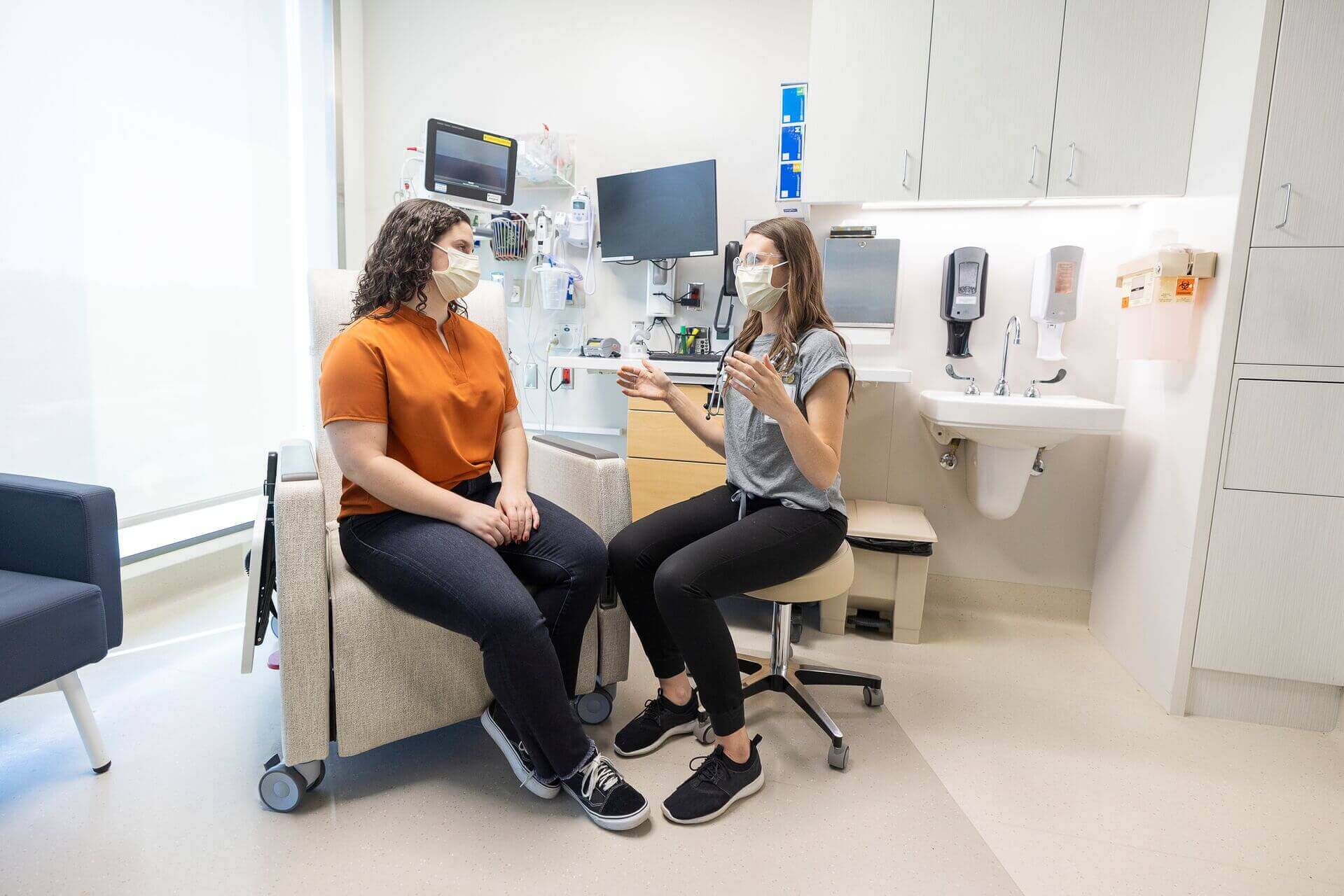
Fertility Preservation
Cancer and its treatments can impact your ability to have children in the future. Seattle Children’s offers more fertility preservation options than any other hospital in our region.
If your treatment puts you at risk of becoming infertile, our providers will guide you through various options, their benefits, limitations and success rates to help you make a choice that’s right for you.
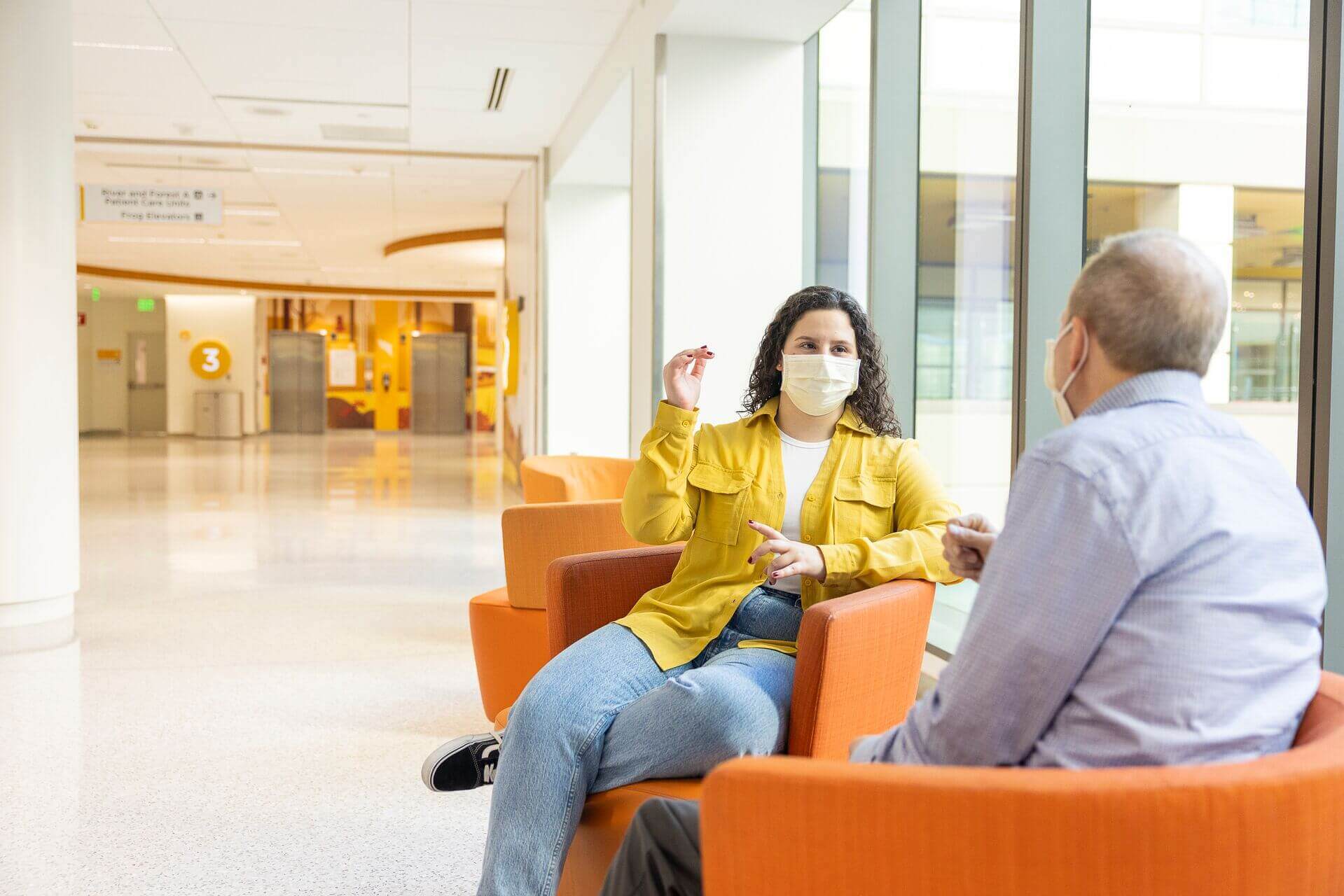
Clinical Trials
Seattle Children’s cancer leaders head numerous national pediatric cancer steering committees, clinical trials and research consortiums in various areas including leukemia, solid tumors, brain tumors and survivorship. You will have access to the latest investigational treatments and early-phase research studies, including phase 1 clinical trials like CAR T-cell immunotherapy.
We understand there is a lot to consider when searching for the right clinical trial. To discuss clinical trial options available at Seattle Children's, email [email protected]. Visit the Adolescent and Young Adult Oncology Clinical Trials hub to find clinical trials available at hospitals in the Pacific Northwest for adolescents and young adults with cancer.

Mental Health and Social Support
Cancer treatment can impact your mental, emotional, spiritual and social health. Your team will provide holistic care to support your individual needs through our social workers; psychologists; teen and young adult support groups; and gaming, art and music therapies.
- Learn more about our AYA Cancer Group. (PDF)
- Refer a cancer patient to individual or group therapy services. (PDF)

Cancer Survivor Support
Once you finish your treatment, you can continue to receive support in Seattle Children’s Cancer Survivor Program. Specialized providers offer long-term follow-up care to help you stay healthy long after being treated for cancer.
Meet Your AYA Cancer Team
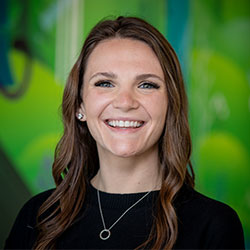

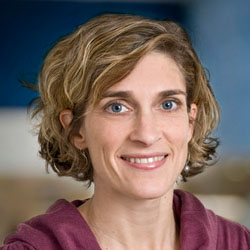

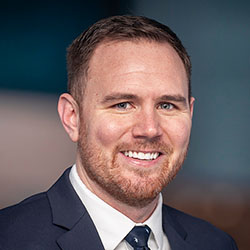

Tyler G Ketterl, MD, MS
Medical Director, Adolescent and Young Adult Oncology; Medical Director of the Comprehensive Fertility Care and Preservation Program
View Profile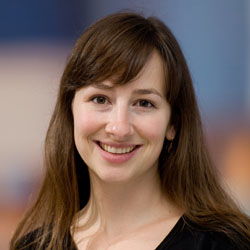

Leaders in Care Focused on Teens and Young Adults
We treat children, teens and young adults with the most complex cancers. U.S. News & World Report has recognized Seattle Children’s as one of the top 10 best children’s hospitals in the U.S. and the best in the Pacific Northwest. Our Cancer and Blood Disorders Center is ranked among the top pediatric cancer programs in the country, which means your child will be cared for by the very best.

Cancer Resources for Teens and Young Adults
Support for You and Your Family
A cancer diagnosis can be stressful for the whole family, which is why our program was designed with a complete support system. Our doctors, nurses, child life specialists and social workers help you and your family through the challenges of your illness. Whether you live nearby or far away, we can help with financial counseling, school, housing, transportation, interpreter services and spiritual care. We also connect you to community resources and support groups.
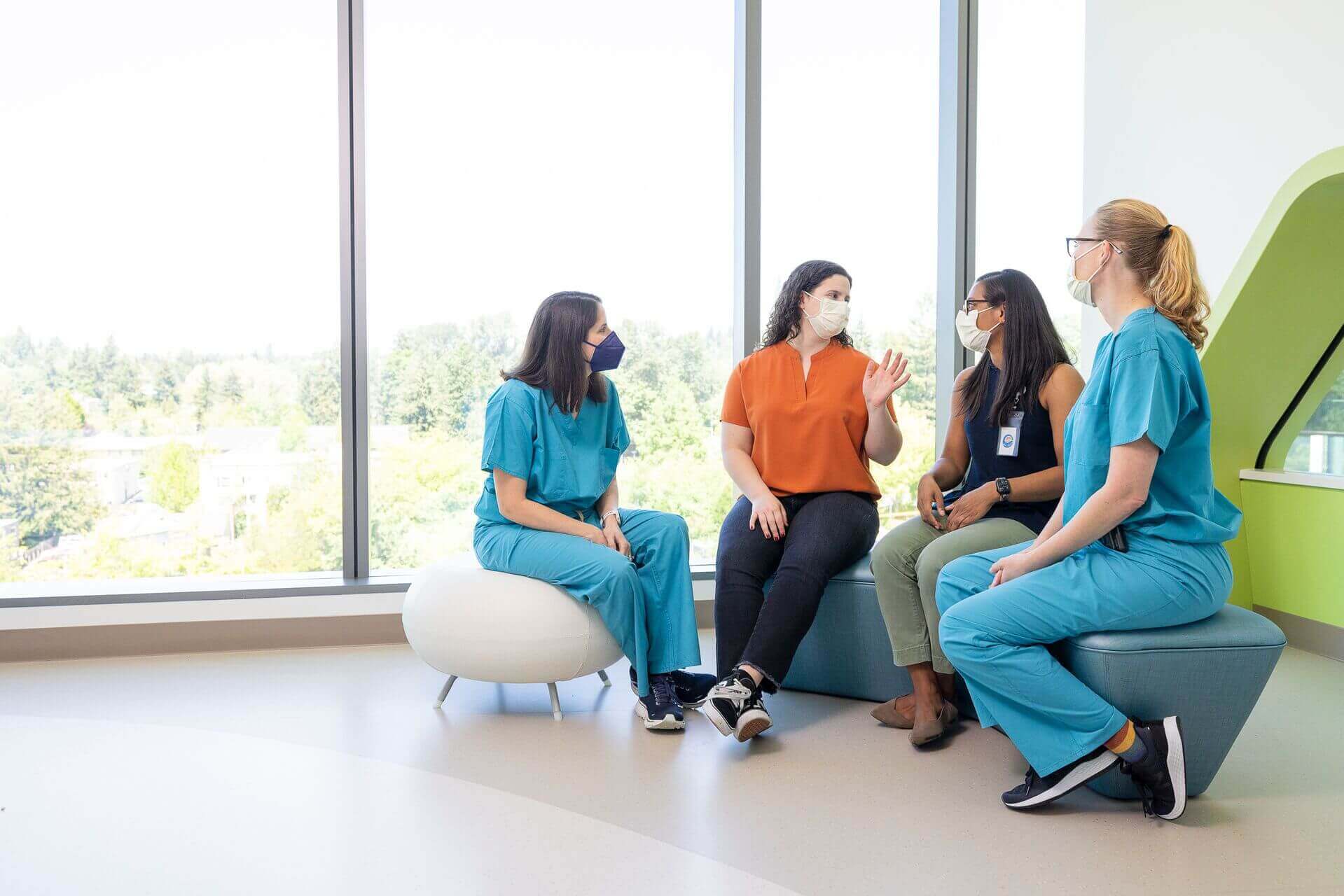
Find Your Hope
Paying for Care
Learn about paying for care at Seattle Children’s, including insurance coverage, billing and financial assistance.

